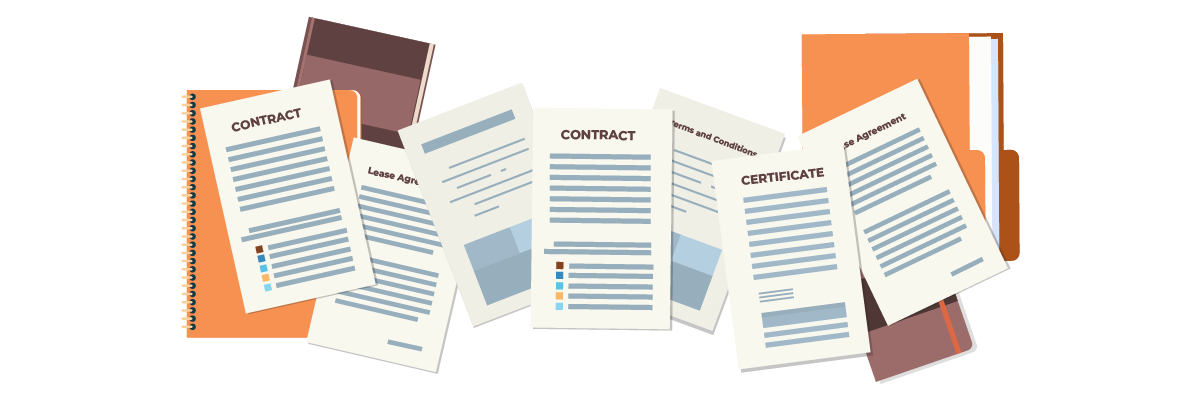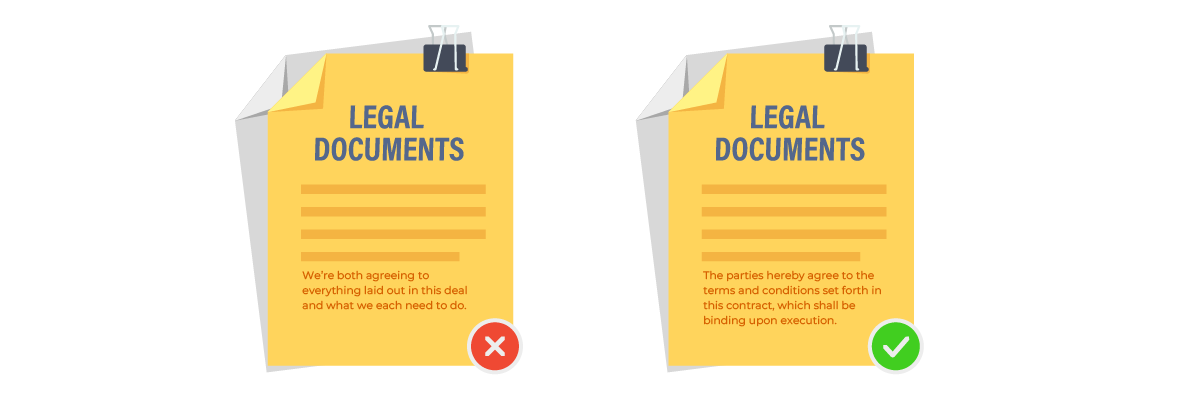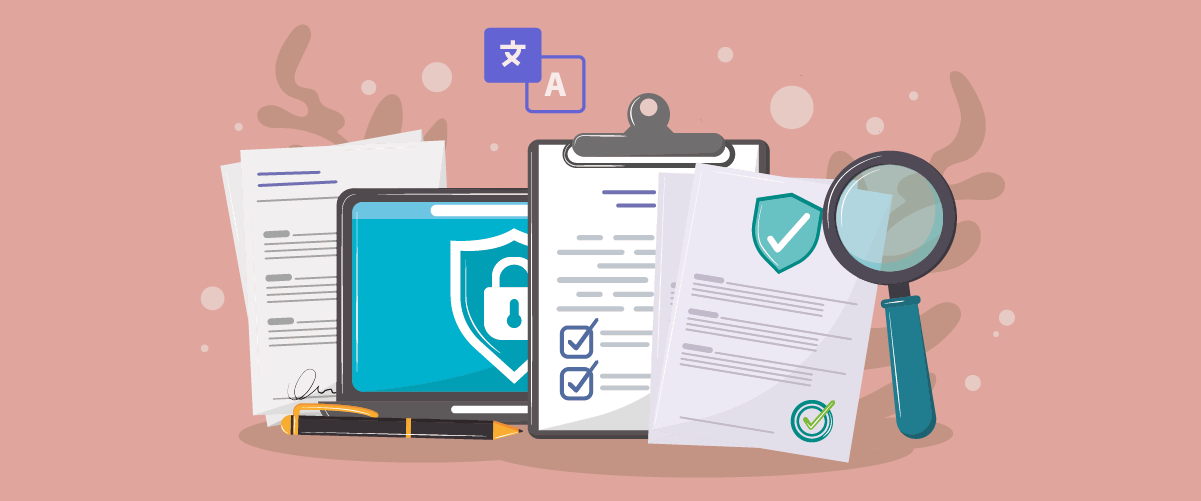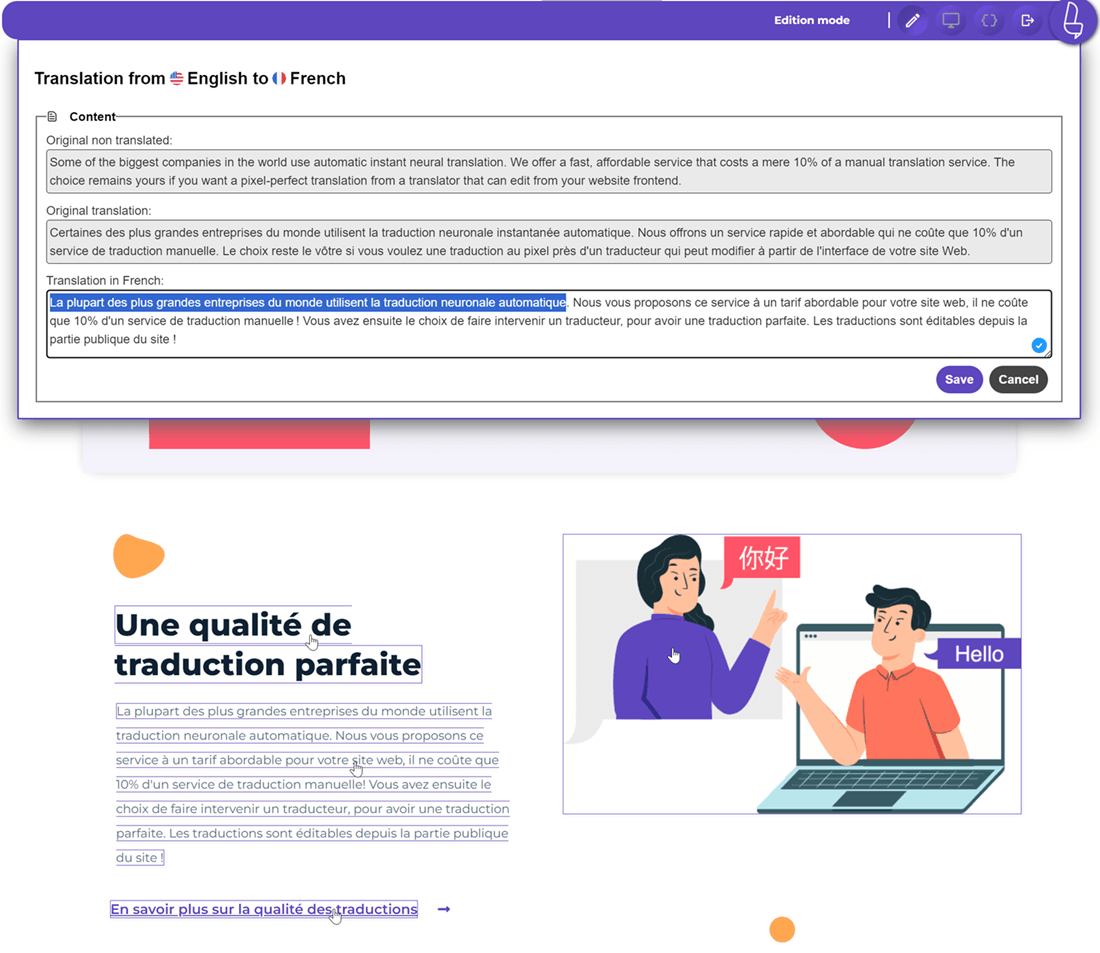Translating a legal document is not simply changing words from one language to another. It is a process that demands extreme precision, as the slightest mistake can have very serious consequences.
Imagine if an international business contract is mistranslated. It can lead to legal disputes, huge financial losses, and even damage a company’s reputation. Therefore, understanding the best practices in translating legal documents is a crucial step to ensure the accuracy, clarity and legality of each translation. Let’s find out what are the best practices for translating legal documents in this article!
Why translating legal documents is important?

Legal documents play a crucial role in our daily lives, from personal matters like birth certificates and contracts to professional dealings and international business transactions. Whether you’re dealing with local authorities or international partners, accurate and precise translations of legal documents are essential for ensuring compliance, protecting your rights, and avoiding costly legal disputes.
Imagine the consequences of an incorrectly translated contract: a business might find itself liable for millions of dollars in unexpected expenses or involved in lengthy legal battles. Even a minor error in a legal document can have far-reaching implications. That’s why it’s so important to entrust the task of legal translation to professionals who have the necessary expertise, knowledge, and experience to deliver accurate and reliable results.
Types of legal documents that can translate

The need for legal document translation services is increasing, from individuals who want to continue their studies abroad to multinational companies that engage in business collaborations. The following are some examples of legal documents that we often encounter.
Personal documents:
- Birth certificate
- Marriage certificate
- Passport
- Divorces certificate
Company documents:
- Certificate of incorporation
- Articles of association
- Financial statements
- Power of attorney
- Employment contract
Legal documents:
- Court verdict
- Special power of attorney
- Lawsuit
- Arbitration
- Immigration documents
Educational documents:
- Transcript of records
- Diploma
- Certificate of completion
- Letter of recommendation
Property documents:
- Deed of sale
- Land certificate
- Building permit
- Land and building tax
Who can translate legal documents?

While anyone can attempt to translate a legal document, it’s crucial to recognize that legal translation is a specialized field that requires a unique set of skills and knowledge. While individuals with a basic understanding of languages might be able to translate simple texts, the complexities and nuances of legal documents demand expertise from professionals who have been specifically trained for this task.
Legal translators should possess the following skills and qualities.
- Skilled researchers: They must be able to conduct thorough research on legal terms, concepts, and cultural nuances to ensure accurate translations.
- Expert in at least two languages: Fluency in both the source and target languages is essential for understanding and conveying the nuances of legal terminology.
- Familiarity with laws, regulations, and news: A deep understanding of the legal systems, regulations, and current events in both the source and target countries is crucial for providing accurate and contextually relevant translations.
- Unbiased: Legal translators must approach their work objectively and avoid personal biases that could influence the accuracy and objectivity of their translations.
- Experience in translating legal documents: Prior experience in translating legal documents is invaluable, as it allows translators to develop the necessary skills and knowledge to handle the complexities of this specialized field.
Entrusting the task of legal translation to qualified professionals who possess these skills and qualities can ensure that your documents are translated accurately, reliably, and in compliance with legal requirements.
Best practices for translating legal documents

Translating legal documents is not just word-for-word. Accuracy and a deep understanding of the nuances of the law are essential. To ensure high-quality translations, let’s discuss some best practices for translating legal documents.
Mastery of legal terminology
Legal documents often contain highly specialized terminology that can be challenging to translate accurately. A skilled legal translator must have a deep understanding of legal concepts, definitions, and nuances in both the source and target languages. This includes familiarity with legal jargon, phrases, and idiomatic expressions that are specific to legal contexts.
Example: The phrase “force majeure” is a legal term that refers to an unforeseen event that prevents a party from fulfilling their contractual obligations. A translator must not only know the direct translation of this term but also understand its legal implications and how it might be interpreted differently in different legal systems.
Ensuring accuracy and precision
Legal documents are often legally binding and can have significant consequences. Even a small error in translation can lead to misunderstandings, disputes, or legal liabilities. Legal translators must strive for the highest level of accuracy and precision in their work, ensuring that the meaning of the original document is accurately conveyed in the translated version.
Example: In a contract, the term “consideration” refers to the exchange of value between parties. A mistranslation of this term could significantly alter the contractual obligations and invalidate the agreement.
Using a formal language style

Legal documents typically use a formal and precise language style. Legal translators must maintain this formality in their translations, avoiding colloquialisms, slang, or overly informal expressions. The translated document should be written in a clear, concise, and professional manner that is appropriate for the legal context.
Example: Instead of using the phrase “a lot of money,” a legal translator might use the more formal term “substantial sum.”
Familiarity with legal jargon and language
As mentioned earlier, legal documents often use specialized jargon and language that can be unfamiliar to non-lawyers. Legal translators must have a strong understanding of legal terminology, sentence structure, and phrasing in both the source and target languages. This familiarity will help them accurately convey the legal meaning and intent of the original document.
Example: Legal translators must be familiar with the concept of “stare decisis,” which is the legal principle that courts should follow precedents set by higher courts in previous cases.
Awareness of end-users
Legal translators should be aware of the intended audience for the translated document. This information can help them tailor the translation to meet the specific needs and understanding of the end-users. For example, if the document is intended for a lay audience, the translator might need to use simpler language or provide additional explanations.
Example: If a legal document is being translated for a non-legal professional, the translator might need to explain complex legal terms in simpler language or provide additional context.
Paying attention to format and layout

The format and layout of legal documents are often highly structured. Legal translators must carefully preserve the original formatting, including headings, subheadings, numbering, and indentation. This helps ensure that the translated document is visually clear, easy to read, and consistent with the original.
Example: If the original document uses a specific numbering system for clauses or articles, the translated document should follow the same system.
Maintaining confidentiality
Legal documents often contain sensitive information that must be protected. Legal translators must adhere to strict confidentiality standards and ensure that the content of the documents remains private. This includes using secure communication channels and avoiding sharing confidential information with unauthorized parties.
Example: Legal translators should never share the content of legal documents with anyone outside of the client and their authorized representatives.
Seeking certification or certified translation
While not always mandatory, obtaining certification as a legal translator can demonstrate your expertise and credibility to clients. Certification often involves passing examinations that assess your knowledge of legal terminology, translation techniques, and ethical standards. Additionally, certified translations may be required by certain government agencies or legal institutions.
Example: In some jurisdictions, court documents may require certified translations before they can be accepted.
Having a legal expert or lawyer available
While legal translators have a deep understanding of legal terminology and concepts, it can be beneficial to consult with a legal expert or lawyer for particularly complex or sensitive documents. A legal professional can provide guidance on legal nuances, ensure that the translation is accurate and legally sound, and help resolve any ambiguities or discrepancies.
Example: If a legal document involves complex legal concepts or has significant financial implications, consulting with a legal expert can help ensure that the translation is accurate and legally compliant.
Using the help of machine translation tools

Although it is recommended that legal documents be translated using a professional translator, nowadays, you can also utilize automatic machine translation to help the translation process faster. As we know, machine translation can be less accurate, especially when dealing with legal terminology and complex sentence structures.
Therefore, when looking for the right translation tool, make sure it provides high accuracy and allows you to keep editing the translation results to maintain accuracy.
Linguise is one of the machine translation tools that can be used to translate legal documents. The app also comes with a front-end live editor, where you can edit parts of the document on the spot if there are errors. It also invites translators to the live editor and edits together.
With an accuracy of 97% and up to 80 languages available, Linguise can be a great option for helping with the translation process in addition to translation by a translator.
In addition, if you want to exclude words or sentences in the legal document, Linguise also supports the exclusion feature. So that the word will not be translated into the destination language and will be left as is, you can exclude by word, line, or page.

Conclusion

Translating legal documents is more than just changing words. It requires a deep understanding of legal concepts, terminology and cultural nuances. Mistakes can have serious consequences, so it is important to follow best practices.
Qualified legal translators are essential to producing accurate translations. They have the expertise and knowledge to handle the complexities of legal documents. To speed up the translation process, consider using an automatic machine translation tool like Linguise, but always review and edit the translation carefully. Now, create a Linguise account to combine human expertise and technology so you can ensure accurate and reliable legal translations.






